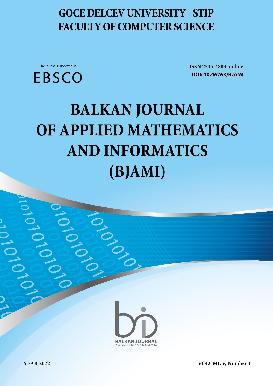APPLICATION OF CENTER OF GRAVITY METHOD FOR LOCATIONS OF FACILITIES
Keywords:
COG method, Location, relationship.Abstract
The facility location decision is a critical aspect of operations management, with transportation costs often serving as a primary consideration. The Center of Gravity (COG) method has emerged as a practical tool for its simplicity in estimating optimal facility locations. This paper provides a comprehensive review of the COG method, acknowledging its strengths as a quick approximation tool but also highlighting its limitations. We delve into the method's assumptions, notably the uniformity of transportation costs, and discuss its application in dynamic and complex environments. Furthermore, we advocate for a holistic approach to facility location decisions, incorporating factors such as market competition, legal constraints, and environmental sustainability. To address these complexities, we propose the integration of advanced tools and techniques, including optimization algorithms, geographical information systems (GIS), and machine learning. By embracing a more sophisticated analytical framework, organizations can make informed decisions that align with broader business objectives, ensuring that facility locations are strategically chosen beyond the narrow focus on transportation costs. This paper aims to guide practitioners and researchers in navigating the intricacies of facility location planning, emphasizing the importance of a nuanced and advanced approach.






